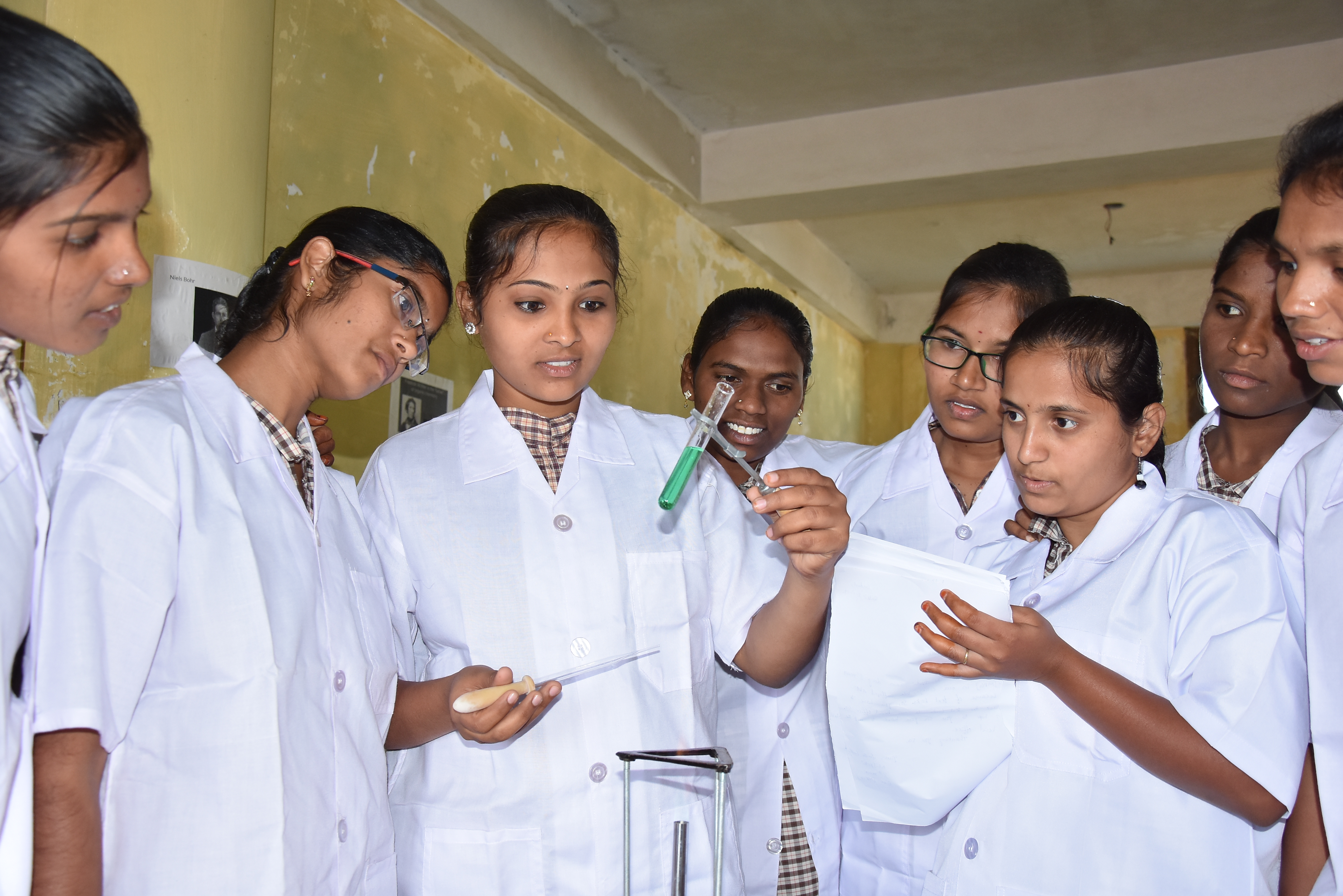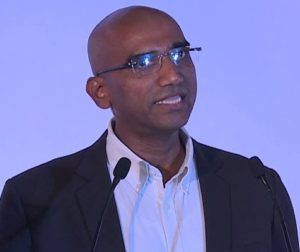
Telangana Social Welfare Residential Educational Institutions Society (TSWREIS) has been catering to the dire educational needs of Scheduled Caste (SC) children hailing from the remote rural areas of Telangana, says Dr R S Praveen Kumar, Secretary, Telangana Social Welfare Residential Educational Institutions Society, Government of telangana, in conversation with Elets News Network (ENN).
What undergraduate degree courses are offered by your institutions?

We offer a wide range of undergraduate programmes including Physical and Chemical sciences (BSc MPC / MSCs / MPCs / MECs / MPG / MES / Mae Nw and HW), life sciences (BSc BZC / MbZC / BGC / BtBC / BcZC / BCFsQc / NDZC / BCCs), Commerce (B Com Computers / Computer Applications / General / Honours / Taxation / BFI / BBA), and Social Sciences (BA HEP / HEPa / EPG / EPP / HPEml / EPaMCJ / EPS). The total number of undergraduate students currently enrolled across 30 TSWRDCs is 13,975 (I year – 6,143; II Year – 4,554: III Year – 3,278).
How is the institution helping junior college students in developing a foundation for Higher Education?
We have already established few Centres of Excellence in Junior Colleges to provide coaching for admission into prestigious institutes like IITs, IISERs, NITs, Central Universities, and Medical Schools across india. In addition to it, final year students (10+2) undergo training under “Summer Samurai-higher Education Programme”. under the programme, special coaching is provided to the selected students for admission to prestigious universities and degree colleges. in last academic year, 116 students from TSWREIS got admitted into institutions like delhi university’s Miranda house College, Hansraj College, Hindu College, Ramjas College, Shriram College of Commerce, Lady Shri Ram College for Women, St Stephens, etc. Besides, several students of TSWREIS got admitted into premier institutions like Azim Premji University, Indian Maritime University, Regional Institute of Education, IHM, and TISS.
What initiatives have been undertaken by TSWREIS to boost skill development, entrepreneurship and employability of students?
During first year of graduation, students are encouraged to join 3C programme, where they develop better communication skills, character, and confidence. during second year, students are trained exclusively on computational skills. For third year, we have a special programme called 3E, under which students are encouraged to focus on education (getting admission to premier postgraduation institutes), Employment and Entrepreneurship. The Department of Higher Education along with TSWREIS organises regular training programmes on national level entrance examinations like JEE Main, NEET, GATE, CAT etc.
Campus Recruitment Training (CRT) combined with skill building programmes are being delivered for good placements of students. Recently, we signed an Mou with Balavikasa International Centre to promote social entrepreneurship among undergraduates. Besides, TSWRDC has initiated a Beautician Course to nurture certified beauticians and Zumba and Salsa course to prepare choreographers. Along with this, we also conduct drivers’ education – DISHA (encouraging entrepreneurship), Adventurous Camps (Mountain Biking, Paragliding and skiing), athletic Winter Camp, Project Mission Code (encouraging girls or software coding), Project Finishing School (Pre-placement training) etc. For employment, Data Science Training, Civil Service Coaching, CA Foundation Training Programme, WIMAN (Women in Management), are also conducted by us to create awareness about other career options after graduation.
What are some of the innovative best practices adopted by your institutions?
To boost confidence and inculcate life skills among its students, TSWREIS conducts following programmes:
Project Mirror: speaking in front of mirrors helps students to enhance their oratory skills and confidence.
Project beyond four walls: students undergo experiential learning outside the classroom.
Youth Parliament Sessions: to make future leaders and lawmakers.
VIBRATION- Cultural Carnival: students showcase their talents in the state-level competitions.
Super Students Trophy: to promote the concept of “earn While you learn”. live lectures have been delivered via t-sat channels.
Bharath Darshan: a programme to visit famous places across India.
Vishwa Vidhyarthi Programme (International Internship): students visit foreign countries as part of cultural exchange with support of AIESEC.
Summer Undergraduate Research Fellowship (SURF): under the initiative, second year students are encouraged to get enrolled in one-month internship at national and international research institutions. We have already signed Mous with university of hyderabad; azim Premji university, Bengaluru; university of toledo, usa; east anglia university, uK; and Carleton university, Canada, in this regard.
SSB Lecture Series: We invited Shanti Swarup Bhatnagar Awardees to deliver lectures at TSRDCs.
What is institute’s vision for next five years?
Our vision is to provide good quality education to students belonging to backward sections of the society in a safe and supportive academic environment. in addition to that, we prepare students to be independent critical thinkers and global citizens of 21st century. We maintain high academic standards with a major emphasis on student and teacher empowerment programmes. TSWREIS enables students to acquire basic life skills and leadership qualities by exposure to a range of learning opportunities beyond classroom.
What reforms are needed in existing higher education ecosystem for a better future of students?
Since last few decades, students are expected to focus more on learning a concept without practical or in-depth knowledge about the same. for the existing ecosystem, a flexible curriculum is needed with a range of elective courses. Any undergraduate student must undergo training where they can learn critical thinking, quantitative reasoning, literature, psychology, science and social sciences. It will provide students an interdisciplinary learning for any course he/she might take for second year of their graduation. For next two years, student should get engaged in core subjects and dwell deeper and spend the complete final year in practical-based learning.






















